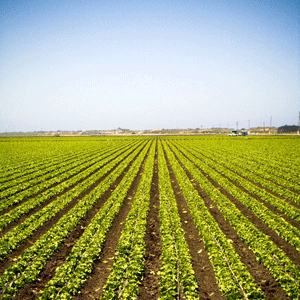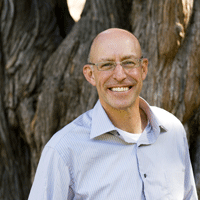
The U.S. Farm Bill is up for reauthorization in Congress this year and California food and health advocates are eager to use the opportunity to shift national policy towards healthier eating, which would also benefit California farmers.
A panel of food experts that included Michael Pollan, author of bestseller Omnivore's Dilemma, and Karen Ross, Secretary of the California Department of Food and Agriculture packed an auditorium at U.C. Berkeley Thursday evening.
Budget cuts in Washington D.C. emerged as a big theme. Every panelist recognized the need to play defense in order to keep money in the bill for important programs such as Supplemental Nutrition Assistance Program or SNAP, formerly known as food stamps. Currently, 77 percent of the money in the Farm Bill goes to support food and nutrition programs like SNAP. "One in five of our citizens find themselves food insecure in a month or a year," said Karen Ross referring to California specifically. "And it’s ironic that we have that need in a state that’s the number one producer of so many of those crops," she continued.
The problem is that California produces mostly "specialty crops" like fruits, vegetables, nuts and grapes. Those crops don't carry as much weight in Congress as the heavy hitting commodity crops like corn, soy and cotton that have long received cash subsidies from the government and are often the focus of the Farm Bill.

"It has a lot to do with the kind of food that's in your supermarket and the kind of food that's not in your supermarket," Michael Pollan explained his interest in the Farm Bill to me. "It really is the rules of the whole food game. And unfortunately it's decided by a small group of people who may not have an eater's interest firmly in view," he added. Pollan is concerned about access to fresh fruits and vegetables and wants to limit the amount of foods that have highly processed ingredients like high-fructose corn syrup in them. “We should seriously consider a federal definition of food,” he said to the hundreds of people who attended. “There are many things that we are supporting that are not food.”